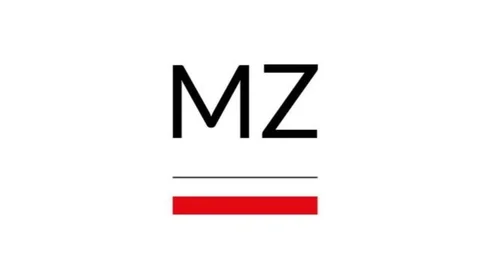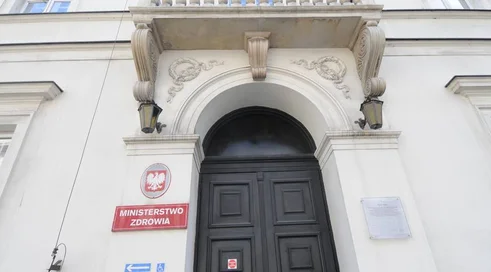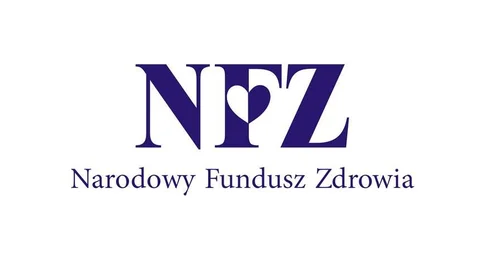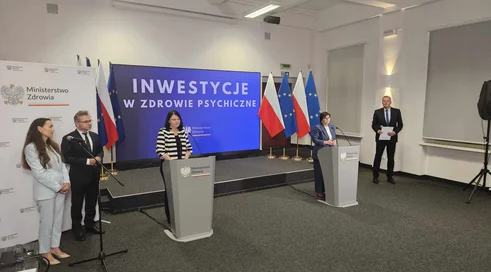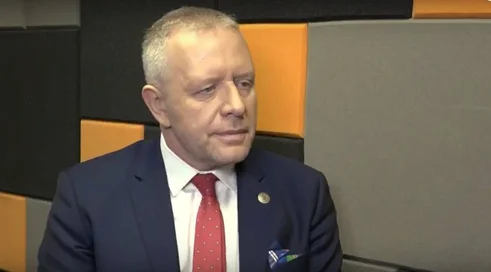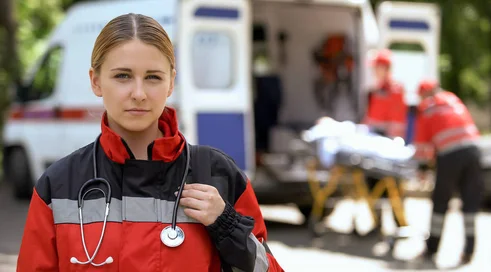Recall, the draft amendments to the Civil Protection and Disaster Act prepared by the Ministry of Internal Affairs and Administration stipulate that an ambulance would be stationed at each fire station. The Ombudsman's Expert Committee on Health pointed out that this is a completely different approach to organizing aid and providing services than the current emergency medical services. In the committee's view, this would mean the de facto return of emergency medicine to the provision of first aid. Instead, such an organization of a duplicated emergency system could endanger the lives and health of citizens.
"Members of the Expert Committee also noted that for several years, paramedics f...
Content locked
To gain access to the complete English section of the Medexpress.pl, kindly reach out to us at [email protected].






